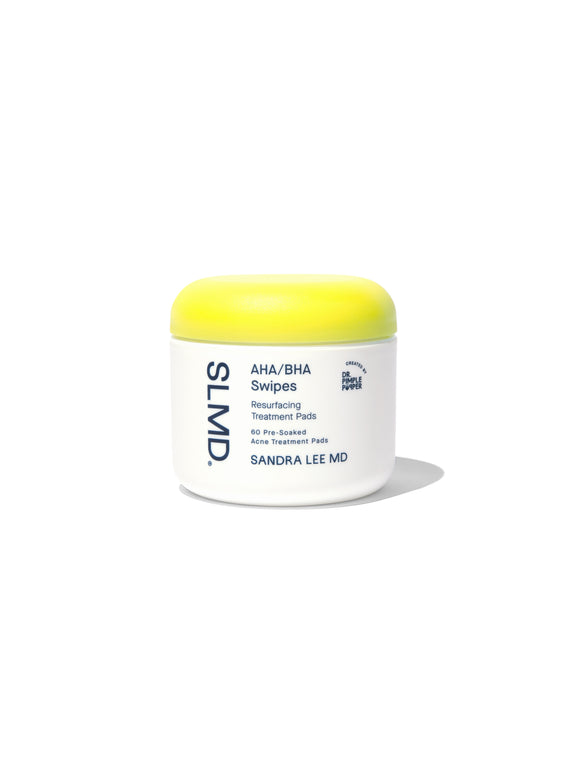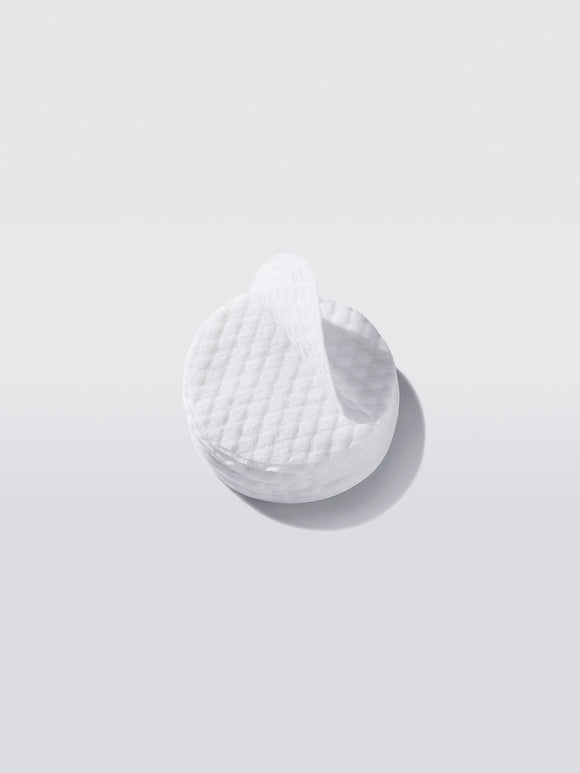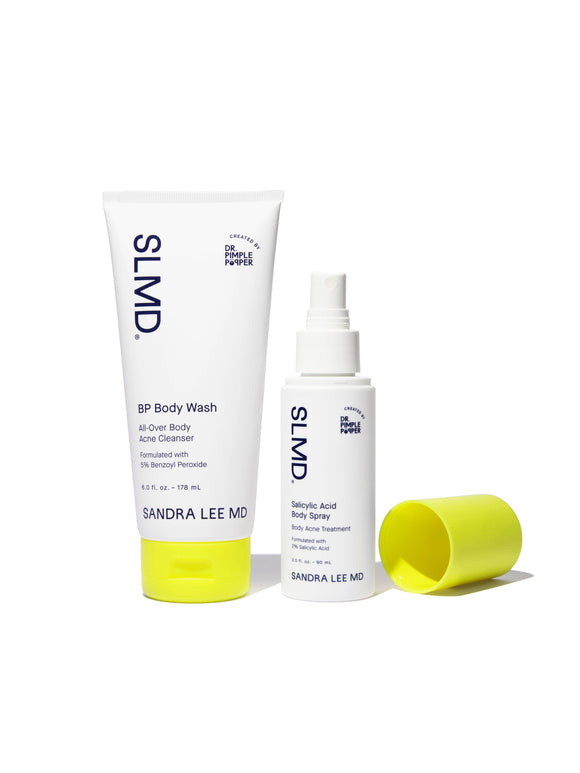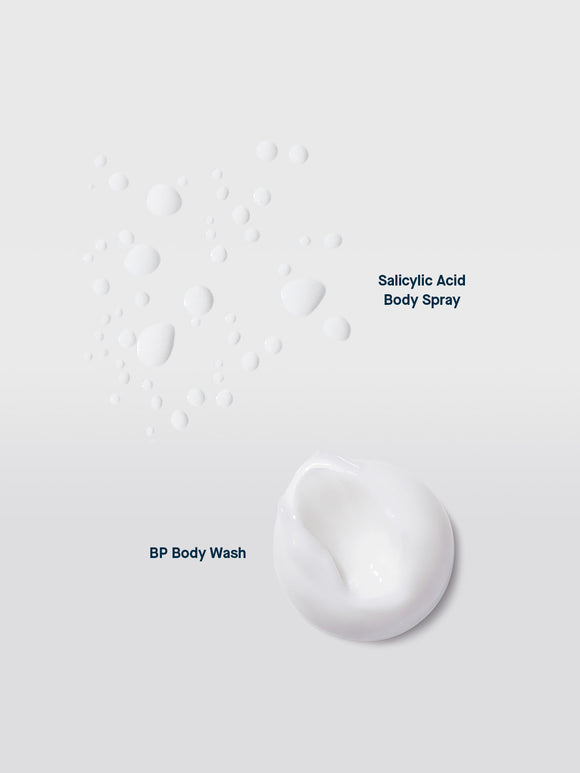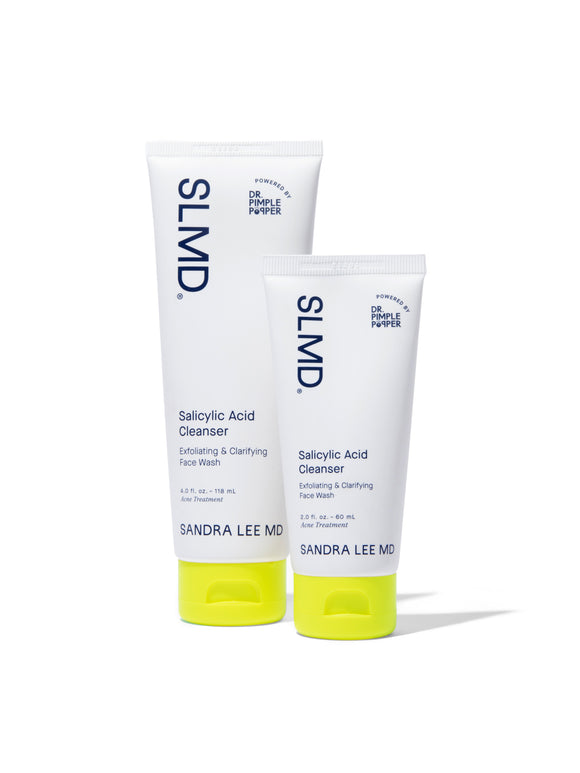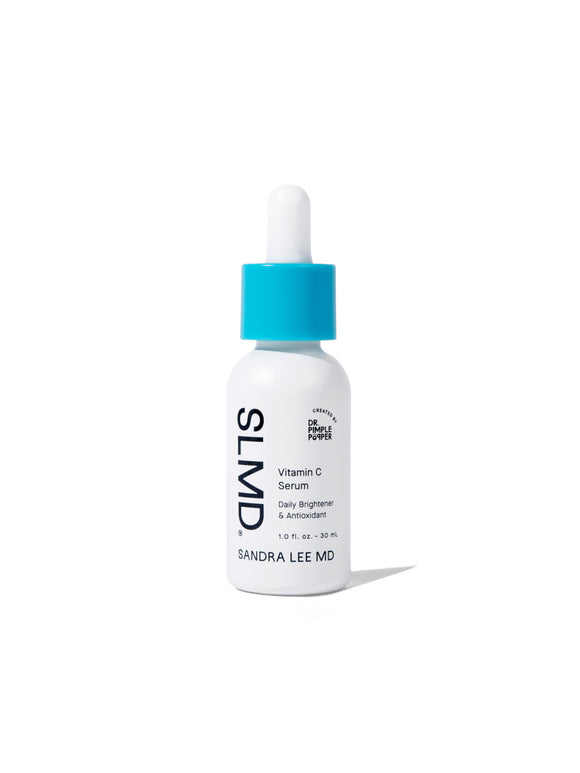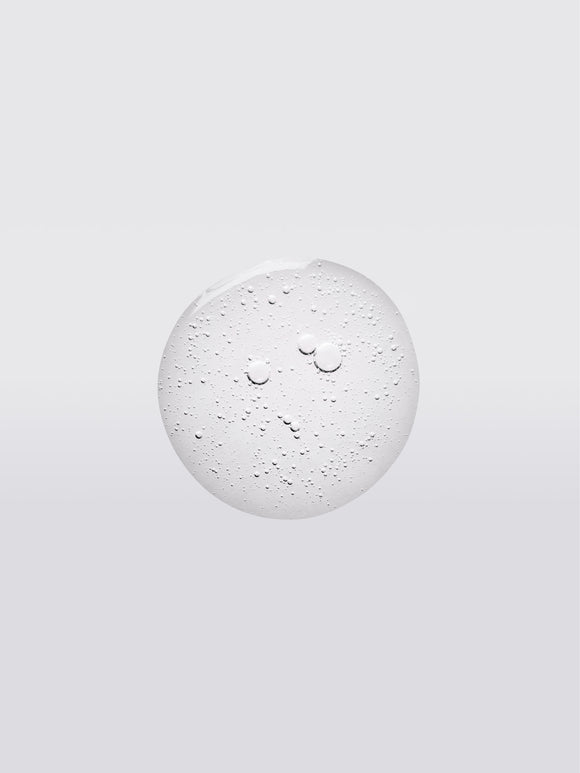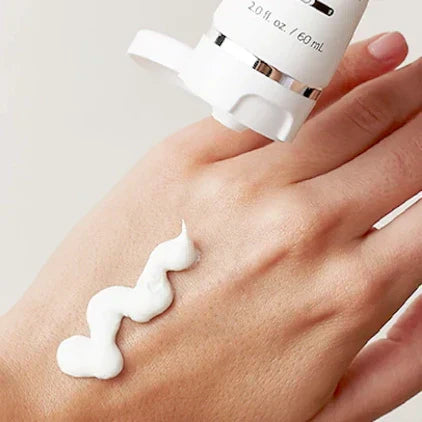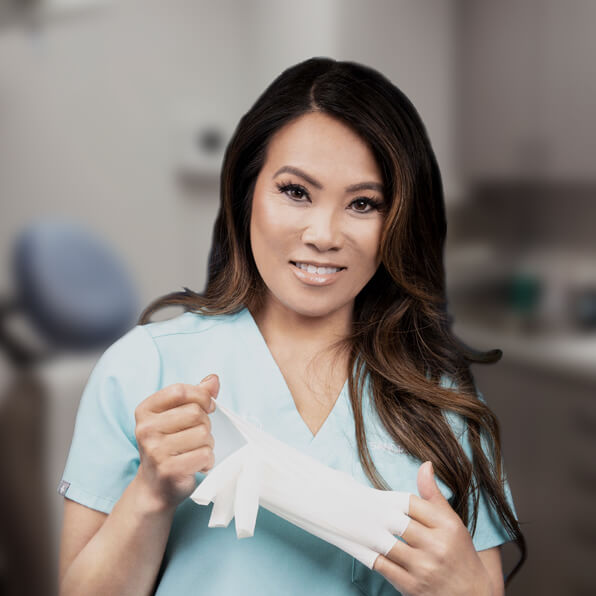
Is Prescription Skincare Better Than Over-the-Counter? Dr. Pimple Popper Weighs In
Your favorite dermatologist explains why stronger doesn't always mean better.
Published:
3 minute read
Trying to figure out whether your skin concern can be solved with a simple trip to the store — or if you need to see a dermatologist for a prescription — can be confusing. Both over-the-counter (OTC) and prescription skincare have their place, but knowing when to use which is the key to achieving your skin goals.
As a board-certified dermatologist with her own skincare line, Sandra Lee, MD (aka Dr. Pimple Popper), shares her unique perspective on this common dilemma.
Article Quick Links
Q: What’s the difference between prescription and OTC skincare?
A: “It really boils down to two factors: the ingredient itself and its strength,” explains Dr. Lee.
- Over-the-counter (OTC): Formulated for safe, self-guided use, OTC products contain lower concentrations of active ingredients like salicylic acid, benzoyl peroxide, and retinol.
- Prescription: These require a doctor’s oversight because they’re stronger or intended for medical conditions like severe acne, rosacea, or hyperpigmentation.
“Think of OTC products as a great first step,” Dr. Lee says. “They’re accessible, effective, and can address many common concerns. But for tougher conditions, prescriptions give us that extra edge.”
For a deeper dive into how prescription, medical grade, and OTC skincare compare, check out our blog here.
Q: When should you see a dermatologist instead of using OTC products?
A: “If you’ve been using OTC products consistently for a few months without seeing results, it’s time to consult a dermatologist,” says Dr. Lee.
Here are a few signs that professional care might be needed:
- Cystic acne: Deep, painful pimples that don’t respond to OTC treatments may need oral antibiotics or isotretinoin.
- Persistent hyperpigmentation or melasma: Prescription hydroquinone, retinoids, and sometimes chemical peels can target these more effectively.
- Chronic conditions: Rosacea, eczema, or psoriasis often require tailored prescription regimens.
“It's all about finding the right balance,” Dr. Lee explains. "Start with OTC products and give them time to work, but don't hesitate to reach out to a dermatologist if your skin isn't improving. We're here to help guide you and create a plan that fits your needs."
Q: Are prescription products better than OTC ones?
A: “Not necessarily,” Dr. Lee says. “It depends entirely on your skin concern.”
- For mild issues: OTC products are often sufficient. Ingredients like glycolic acid, salicylic acid, and niacinamide are backed by science and effective at lower concentrations.
- For more severe concerns: Prescription options are better for conditions like cystic acne or stubborn pigmentation.
“Start with the lowest concentration that matches your concern,” advises Dr. Lee. “You can always escalate to prescription strength if needed.”
Q: What are the pros and cons of OTC vs. prescription skincare?
A: Dr. Lee outlines the key differences:
OTC products
- Pros: Affordable, widely available, great for beginners
- Cons: Slower results due to lower concentrations
Prescription products
- Pros: Stronger, targeted for more severe conditions
- Cons: Require medical supervision, can be more expensive without insurance
“My advice is to use the gentlest solution that works,” Dr. Lee says. “Skincare is about consistency, not quick fixes.”
Q: What are your favorite active ingredients for skincare?
A: “There are a few that I rely on for almost every patient,” says Dr. Lee.
- Acne: Salicylic acid, benzoyl peroxide and retinol are my go-tos for mild to moderate breakouts. If over-the-counter options don’t work, we can try prescription strengths and add antibiotics, if needed. Try: SLMD Acne System and Body Acne System
- Aging skin: Retinol, alpha hydroxy acids, and antioxidant vitamin C are incredible for improving texture, fine lines, and pigmentation. Try: SLMD Retinol Resurfacing Serum, AHA/BHA Swipes, and Vitamin C Serum
- Dry skin/KP: A combination of glycolic acid and soothing moisturizers are my favorites for exfoliating and hydrating keratosis pilaris-prone skin. Try: SLMD Body Smoothing System
“For anyone looking to simplify their routine, skincare kits containing products formulated to work together can take the guesswork out of combining active ingredients,” Dr. Lee suggests. “It’s an easy way to ensure that your routine is both effective and skin-friendly.”
Q: Can you get prescription skincare without seeing a dermatologist?
A: “Yes, but it’s risky,” cautions Dr. Lee. “Some online services provide prescription-strength products without a full consultation. While convenient, they lack the personalized care that comes with an in-person visit.”
She advises starting with OTC options and consulting a dermatologist if your condition doesn’t improve or worsens over time. “Don’t take chances with your skin,” Dr. Lee warns. “The wrong product can cause more harm than good.”

Dr. Lee's Last Word
My advice is simple: Start with OTC products for mild concerns and be patient. If you’re not seeing results after a few months — or if you’re dealing with something more severe — see a dermatologist. Prescription products are incredibly powerful tools when used under proper guidance.





